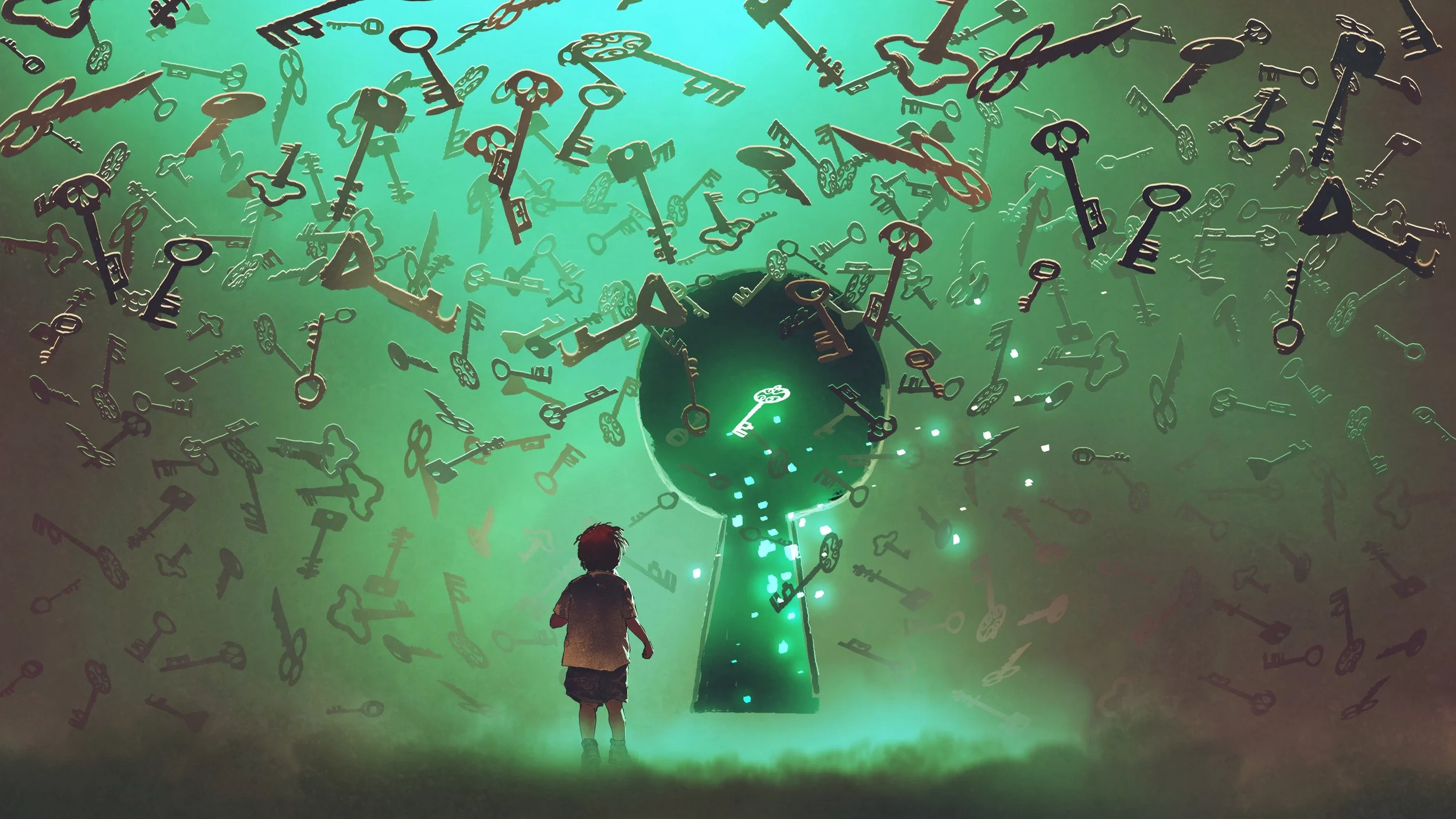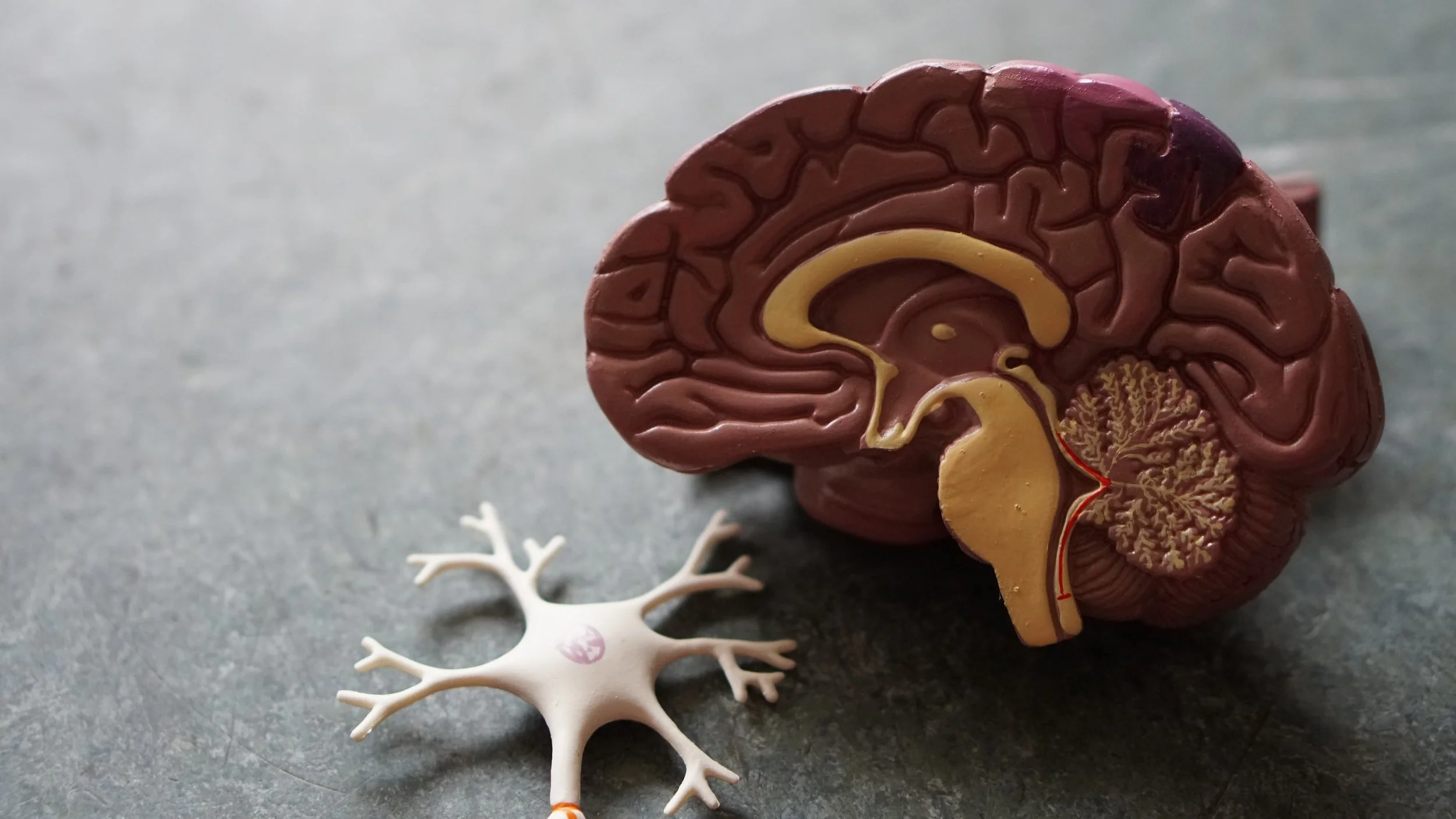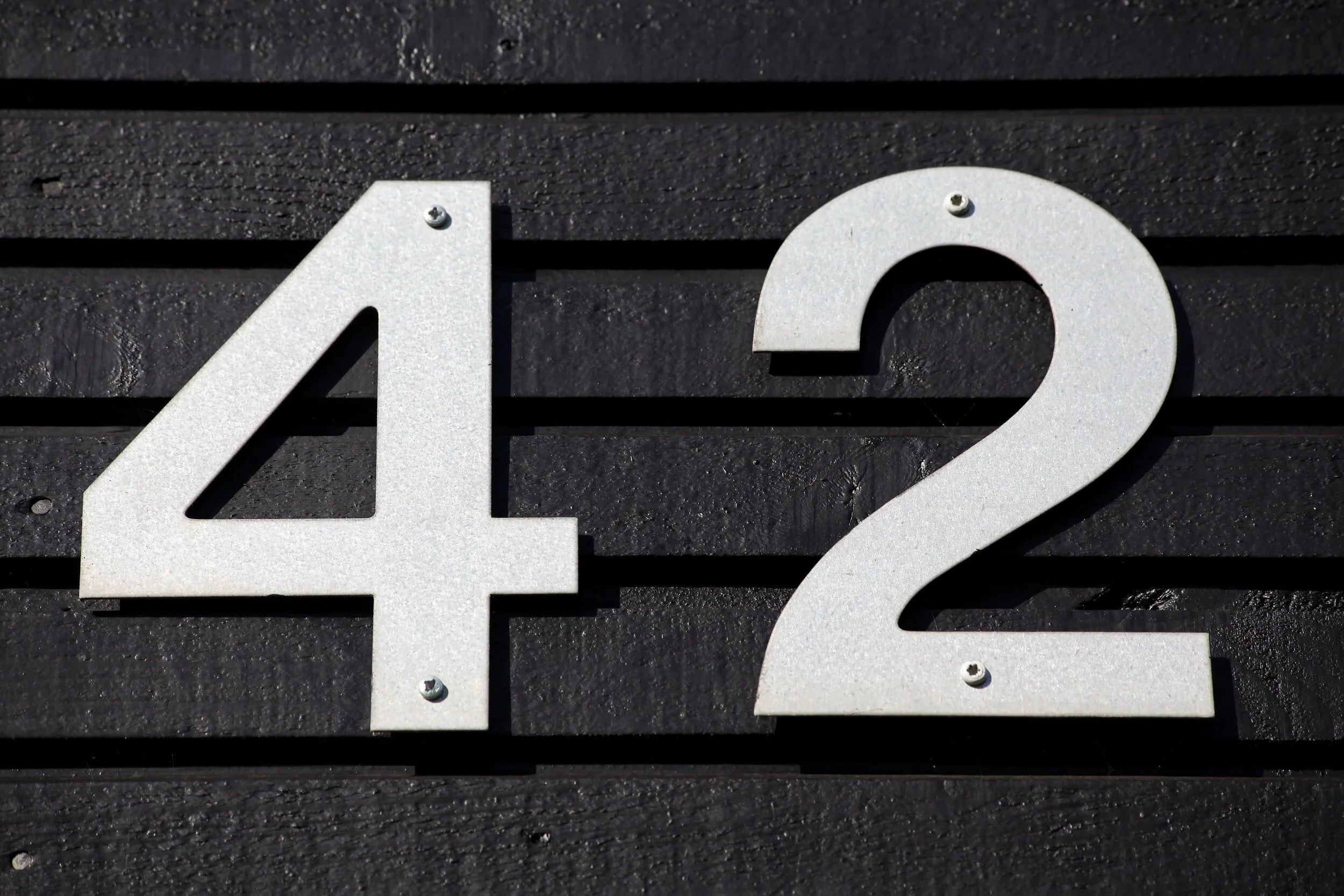The Importance of Why in Gaming and Life
Finding our purpose can be very difficult but it’s critical to our success.
This article includes affiliate links. If you purchase through an affiliate link, I earn a small amount from qualifying purchases.
It’s a dramatic point in the campaign; you and your party are fighting to defeat a huge red dragon to save the princess. Another quest, you’re a warrior battling through a dungeon to recover a lost magical relic. Next, you’re an adventurer, needing to gather ten species of fish for the farmer to make his favorite stew.
Wait, what? This last one doesn’t sound so exciting. Without realizing it, we might push back our chair or slouch down in front of the screen. We’re all driven to save the kingdom and then wind up getting a lame task. But we’re still playing a game that we enjoy, so why the disappointment?
It’s more than just doing a thing that excites us; it’s the reason behind it. We seek a motive and a purpose. We are driven by the why.
In gaming, the why may be to further the story, level a skill, obtain rare equipment or earn coin. Each of us will have a certain type of quest that we find more exciting than the others. And while we like playing the game, it’s that particular action that may stand out. It’s the “why” behind why we enjoy it. (Read more on gaming and self-improvement in TTRPGs and Personal Development).
Why do we feel so strongly about “The Why”?
Our limbic brain, sometimes called the mammalian brain, is the core of the value and ethics system. It is where we make value judgments about the world around us. It is also the home of our pleasure and reward system.
Our brains are constantly seeking a purpose for our actions, whether it be why we are completing this quest in a game or why we are getting up in the morning and going to work. And when we complete an action that aligns with our values, our brain awards us with a feeling of pleasure.
“Efforts and courage are not enough without purpose and direction.”
―John F. Kennedy
But the limbic brain tends to work unconsciously, so we are not always aware of what it’s doing. And yet, our emotions are constantly being driven by it. We get uncomfortable or negative feelings but do not fully understand why and it may be because we are going against an unconscious value or judgment that we are not really aware of.
But what about something that isn’t one way or another? For example, look at a boring fetching quest in a video game. The “why” that we are completing the task is not strong enough to trigger a pleasurable response from the limbic system. Lacking the release of positive emotions, we may instead feel bored or disappointed.
We need the right “why” to be able to really enjoy something.
Why is it so hard to clarify your “Why”
We are naturally driven by emotions of pleasure and pain. Our why is what gives us the purpose behind them. It directs our decision-making and acts as a personal compass. It is our purpose and mission. But most of us don’t know what our why is.
Part of the reason is due to how our brains are organized. Our neocortex, or sometimes called the primate brain, is involved with cognitive processes. It’s where we learn, make plans, problem solve, exercise self-control, and most importantly, it houses our language abilities. Whereas the limbic brain, home of our emotions and values, does not have language.
Ever have a feeling that you have a difficult time describing? A 2010 study suggested that our intuition operates in parts of the brain where most of us lack language skills.
That expression of having a word on the tip of your tongue, or a gut feeling that you can’t put into words, likely comes from this differentiation of languages areas vs. emotional areas of the brain.
But to understand our purpose, we need to utilize both our reason and emotion to discover our personal why.
Balancing our conscious and unconscious
We need to consciously work on asking ourselves questions to figure out our reason and purpose. Without this work, we are running on automatic and leaving our more primitive emotional brains in charge.
“The mystery of human existence lies not in just staying alive, but in finding something to live for.”
―Fyodor Dostoyevsky
For example, we see a co-worker buying an expensive car. We want to do the same. The why behind it is that there is a basic human drive to fit in and be part of a group. But without utilizing our reason and neocortex, we may be taking on a car payment that we can’t afford. We need our conscious brain involved to keep us on track.
However, without the emotional side, our motives are not strong enough to keep us going. We need the strong positive responses backed by our values to motivate us to move through to our goals.
We see other people being successful and having lots of money. We start our own business to do the same. But running a business is difficult and can be a constant struggle. Without immediate success, we quit and close shop, moving on to the next idea. Our desire to make money on its own is not a strong enough why. We need another reason to push us and generate the positive emotions needed to keep us going. Without it we are unable to overcome the obstacles we are facing to see it through.
The strength of Why
Having a strong emotional response with a deeper conscious understanding, our why becomes a true motivator. It also us to push through difficulties and gives us a clearer vision of what we want out of life. Knowing your why directs your decisions, from understanding if you need to buy that car to deciding on the best career path.
Understanding ourselves also helps us to grow and develop and gives us a purpose and direction. It encourages us to be honest with ourselves and others about who we are and what we stand for. Having a clear vision of what you want to do and why you want to do it, lets us aim higher with our lives and drives our sense of achievement.
The Why in business
The most successful businesses have a clear purpose and why for their business. They understand why the company exists. Their purpose or mission statement allows them to connect to customers and their workers. Employees aligned with a company’s mission have higher engagement, lower turnover, and are better performers.
“Singleness of purpose is one of the chief essentials for success in life, no matter what may be one’s aim.”
―John D. Rockefeller
Simon Sinek has a great book on the power of why for businesses. He talks about changing how companies think and that successful leaders lead by purpose. He states that customers don’t buy what a business does, but why the business does it.
When combining a solid business purpose with a strong emotional personal mission, people can achieve greatness.
Here are some of the personal “why” statements from successful leaders:
“To be a teacher. And to be known for inspiring my students to be more than they thought they could be.” – Oprah Winfrey
“To have fun in [my] journey through life and learn from [my] mistakes.” – Sir Richard Branson
“To make people happy.” – Walt Disney
“If something is important enough, you should try, even if the probable outcome is failure” – Elon Musk
“I want to serve the people. And I want every girl, every child to be educated.” – Malala Yousafzai
How to get to your Why
Figuring out your way takes digging deep and asking yourself tough questions. Like Socrates, we can’t be content with the first answer but must keep asking over and over, uncovering layer after layer to get to the truth. But in the end, being able to define it clearly is what makes it worthwhile. Naming something gives it power.
Here are some questions to get you started:
What do I want to achieve right now?
How will I know when I become successful?
What do I wish to achieve long-term?
Would I be happy doing this for the next five years?
What am I working on when I forget to take breaks?
If I wasn’t being paid, would I still do these tasks?
What role do I play in my daydreams?
Who do I most want to spend time with or avoid?
What do I look forward to doing on the weekends/vacations?
What drives me to get up every morning?
Do some trial and error. Maybe some activities might resonate with your answers. Try them out, experiment. If not, why not? How can you keep refining your purpose? (Read more on questions to find your purpose in Reloading Your Starting Character (Remembering Who You Used to Be)
My personal Why
In college, I worked for the Forest Service at their visitor information center and led field trips for local school groups. Now, as anyone who has worked at an information or help desk knows, most of your time is spent answering the same questions repeatedly. The pay is typically poor, the hours are long, and it’s often a thankless job. The field trips were often a mess, teachers wandering off for a break, and many students would rather graffiti a tree than learn about one. Day after day, I would share the same information. And people would come back on their way home and tell me about their adventure to see the waterfall that I had seen a hundred times. But I loved it. I got to connect people with nature, and it was great.
A few years later, I was in another job, this one with much higher pay, a shorter commute, no more working weekends or holidays, and inside at a warm and dry office. But for all the better conditions, I was miserable. My only purpose was a paycheck, and it wasn’t a strong enough why to make me enjoy my job.
Now I am a writer. My growling stomach reminds me it’s time for lunch far more often than the clock. I daydream of new topics and hope that I can do this for many years to come. On the surface, it seems very different than the ranger job of my college days. But like before, I am able to connect people to interesting and cool things. Whether it is a beautiful nature hike or tips on finding one’s purpose, I enjoy helping people discover new things.
Is that my final answer? Probably not. Like most of us, I need to continue to dig deeper for my calling. But I try to be like a small child and ask myself – “why?” over and over to get to a deeper truth.
“The two most important days in your life are the day you are born and the day you find out why.”
– Mark Twain
Conclusion
Once you know your “why” - live it, breath it, become it. It will help you become more successful and better able to accomplish your goals.
And if you need an answer on why that farmer really needed ten different species of fish. Perhaps he discovered that being a cook was his calling, or maybe it was just a nice day for fishing.
Author:
Laurie Trueblood is a writer and life coach that enjoys fantasy, science, psychology, and everything nerdy. As the founder of Adventures to Authenticity, her mission is to help others level up and become the best versions of themselves.
Read more on finding your purpose: Check out the Call to Adventure page, The Art of Living Authentically, and Crossroads - Knowing You are on the Right Path








